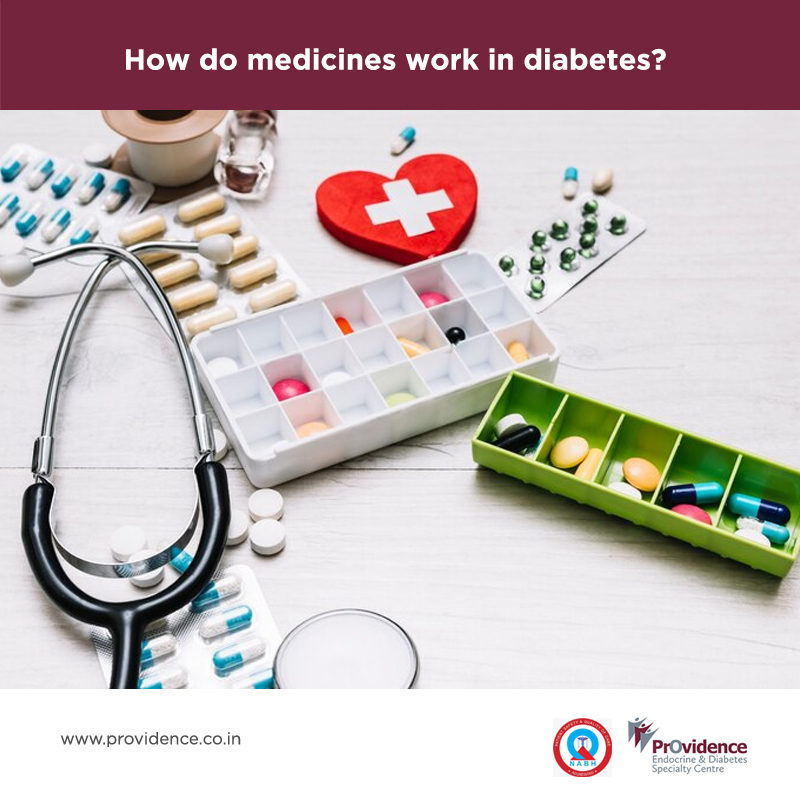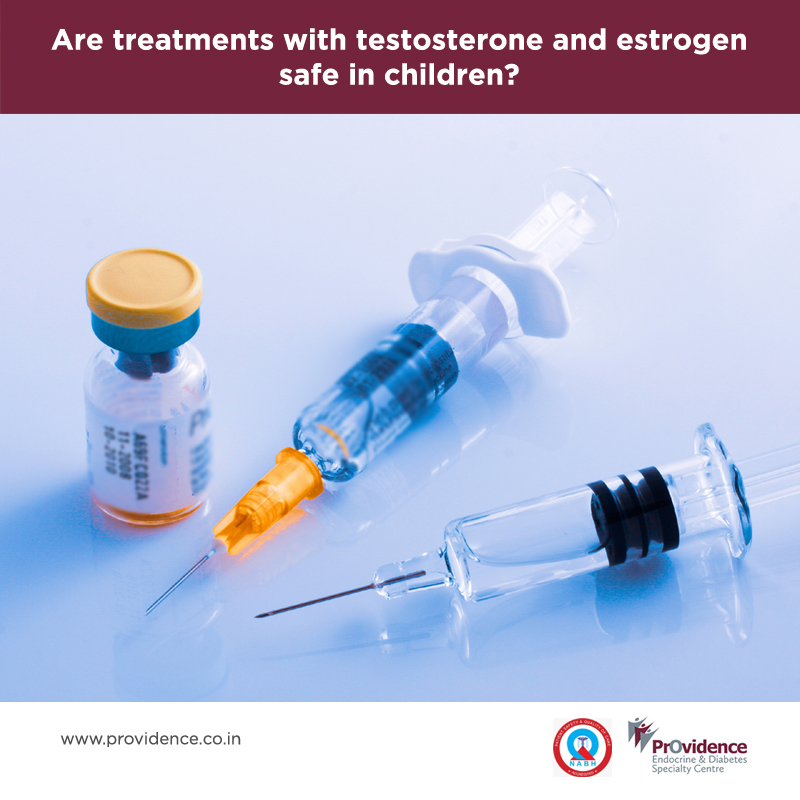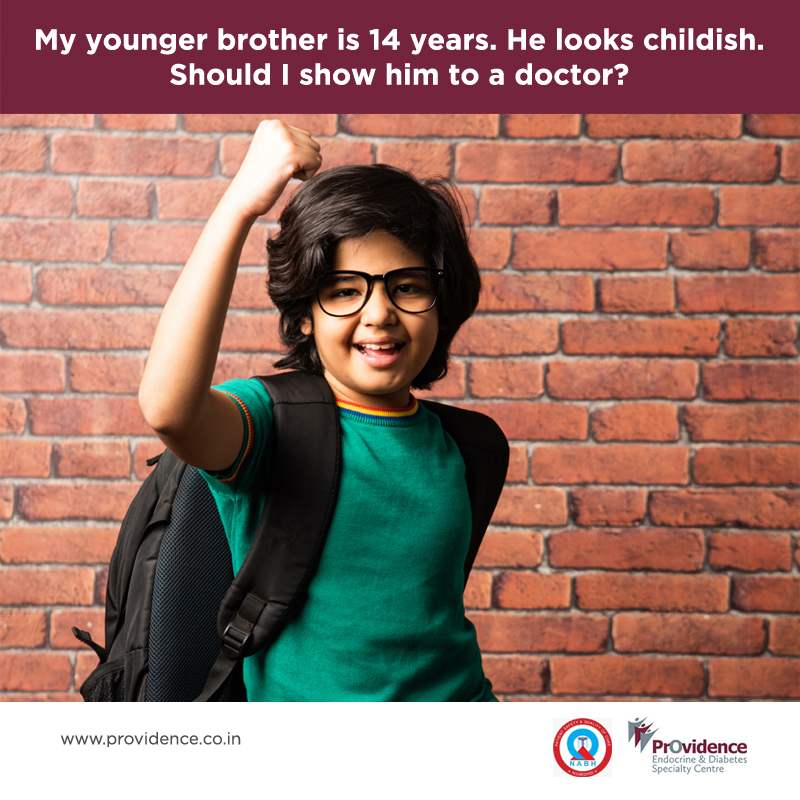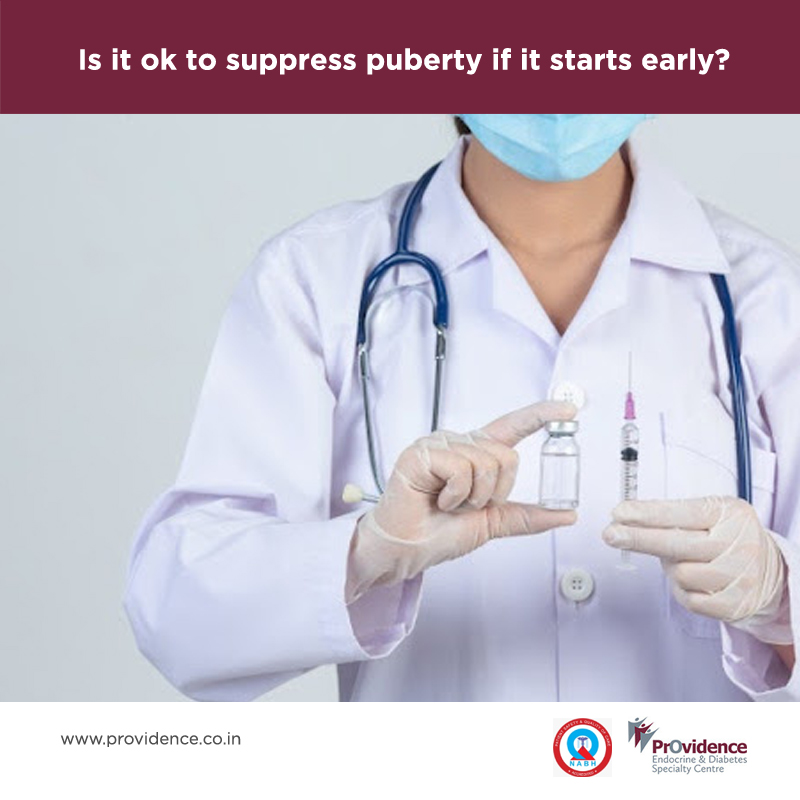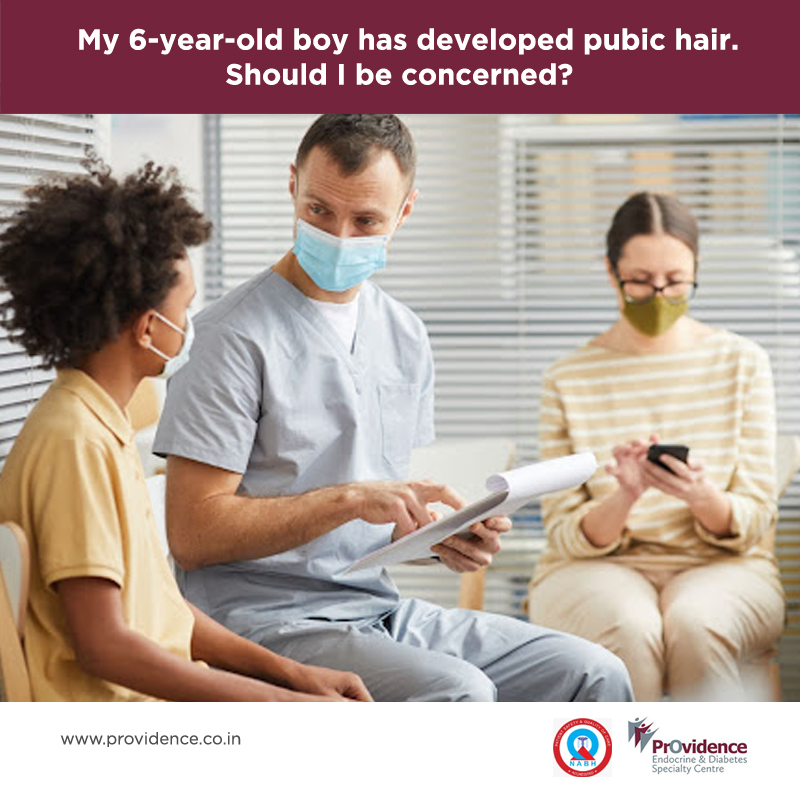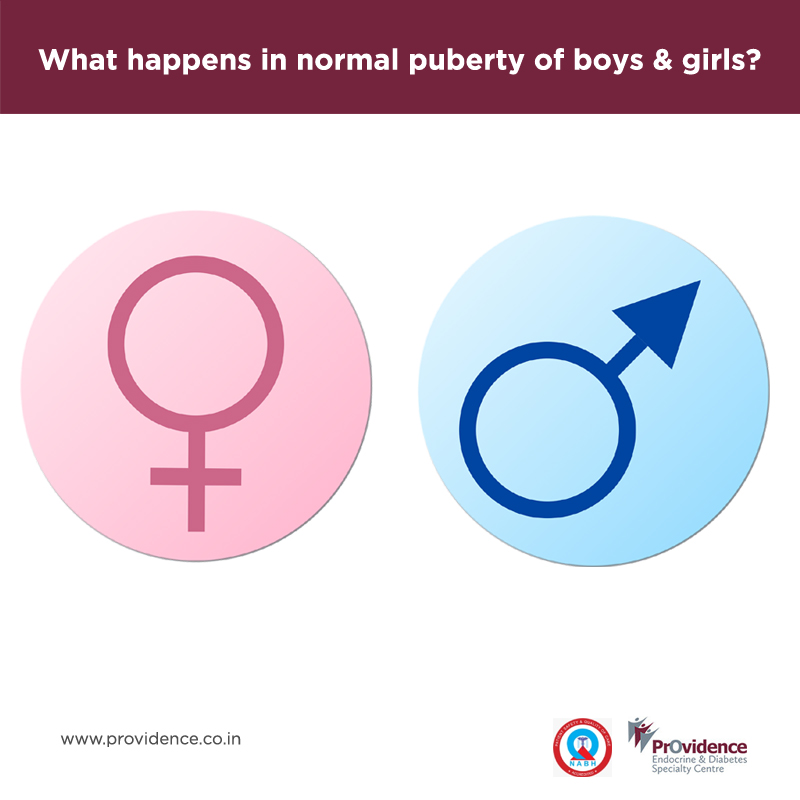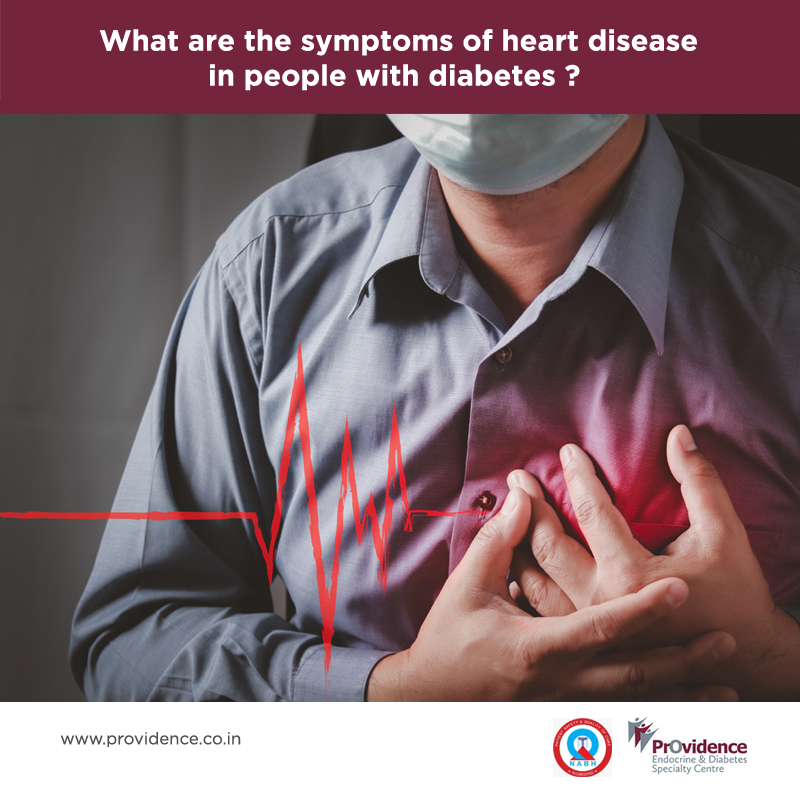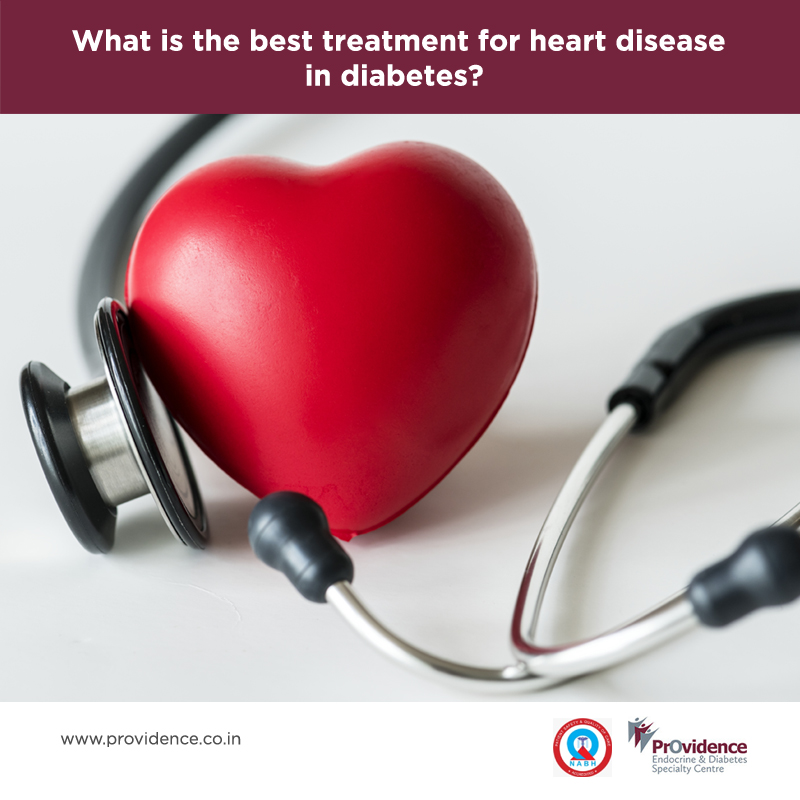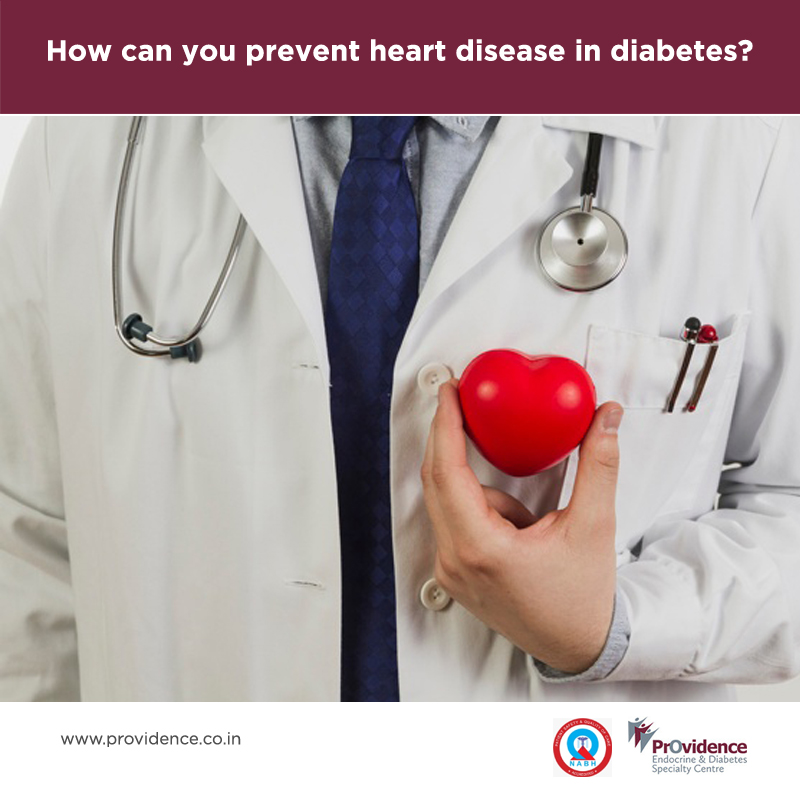Medicines are used to bring blood glucose levels to near normal in people with diabetes. For type 1 diabetes, insulin is the primary option, but for type 2 diabetes, various options, including oral and injectable drugs, are available. Type 1 diabetes is due to the destruction of the beta cells of the pancreas that produces insulin. In type 2 diabetes, various reasons are responsible for the elevated blood glucose levels: this includes reduced insulin production, reduced insulin action, reduced output of GLP-1 (a molecule that stimulates insulin production), and decreased urinary loss of glucose (due to increased activity of a protein called SGLT2). In addition, there are various other reasons, including inflammation and brain-related reasons for type 2 diabetes.
The various drugs used in diabetes act by correcting these abnormalities: reduced insulin production is improved by sulphonylureas (e.g. Glimepiride, Gliclazide) and insulin; reduced insulin action is enhanced by Metformin and Pioglitazone; GLP-1 is improved by DPP4 inhibitors (e.g. Vildagliptin, Sitagliptin, etc.) and GLP-1RA (e.g. Liraglutide, Dulaglutide) and SGLT2 action is reduced by SGLT2 inhibitors (Empagliflozin, Dapagliflozin, etc).
Author
Dr. Mathew John



